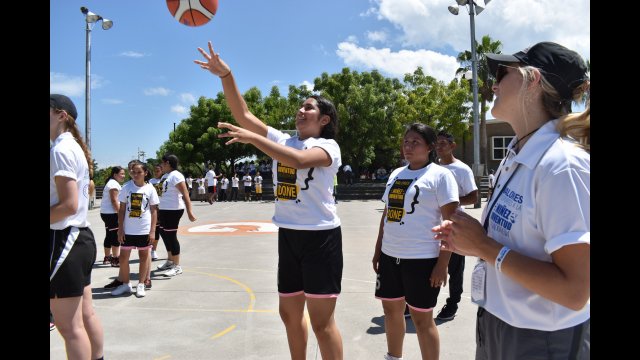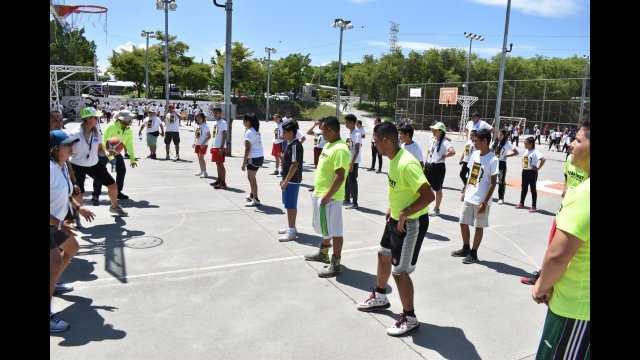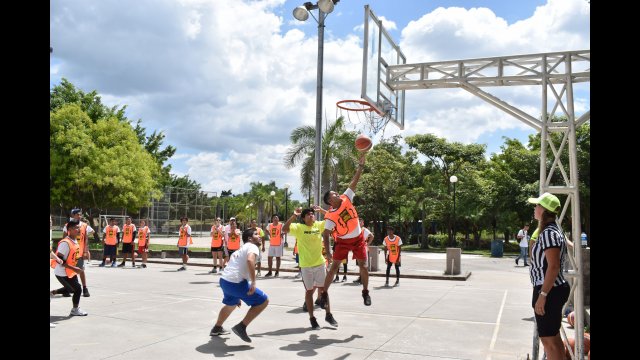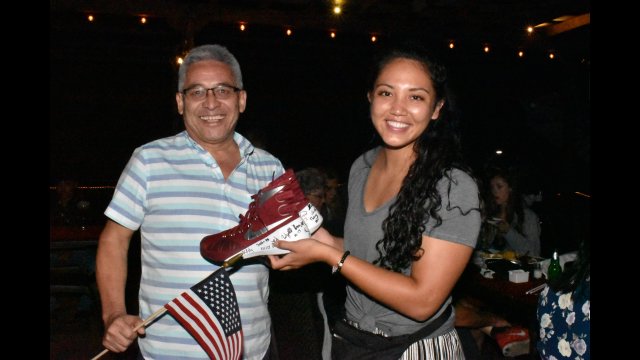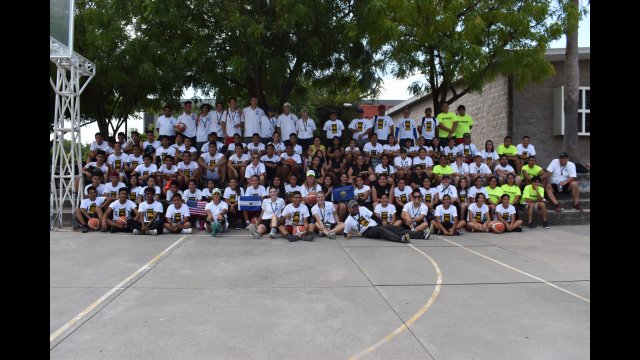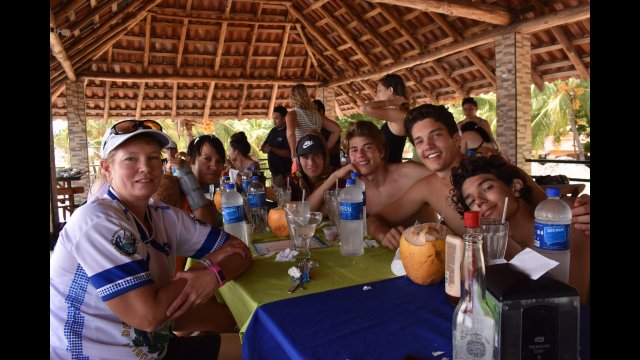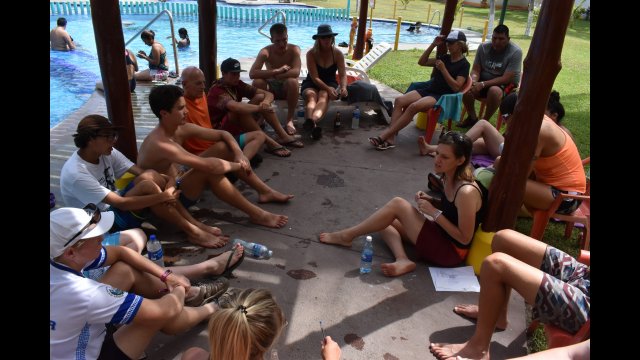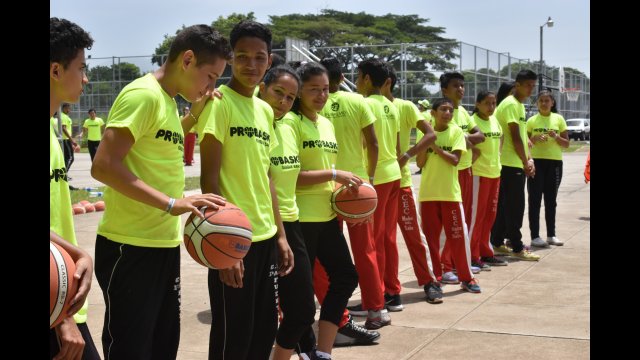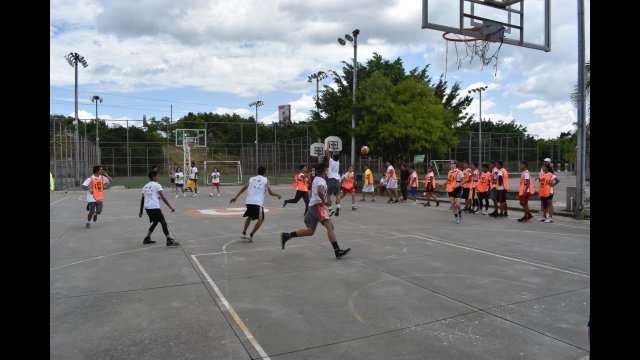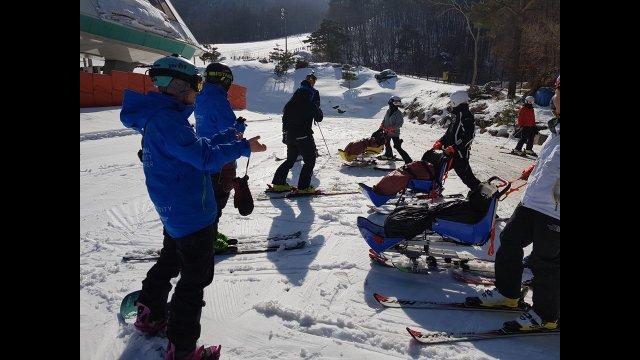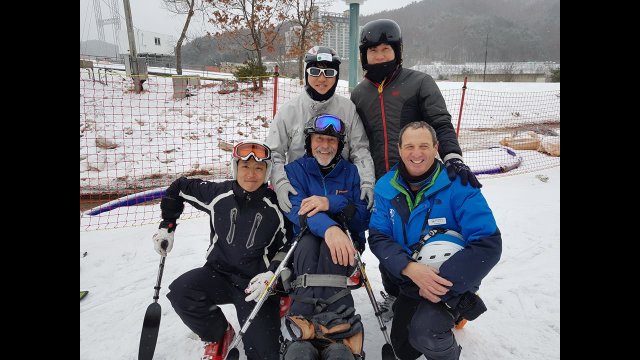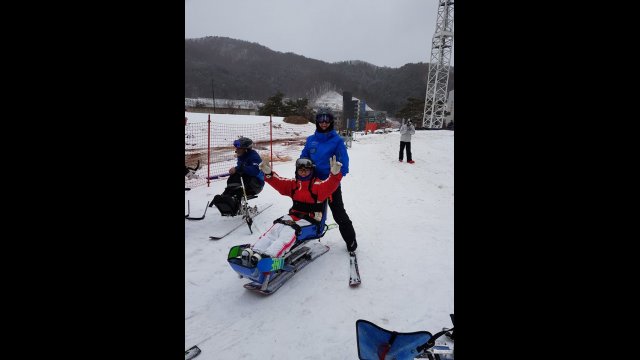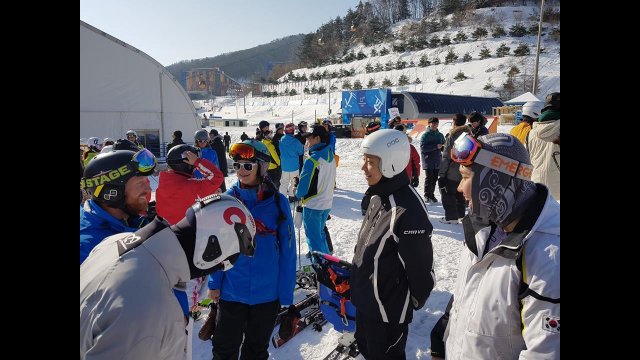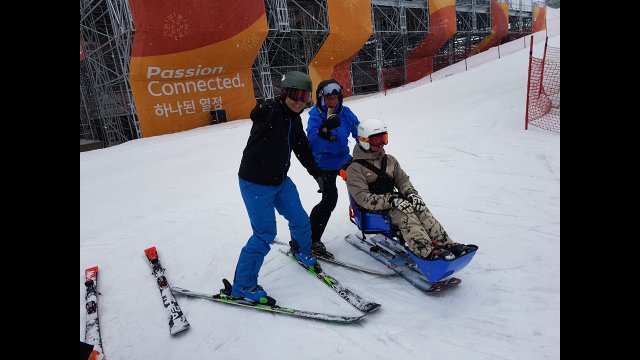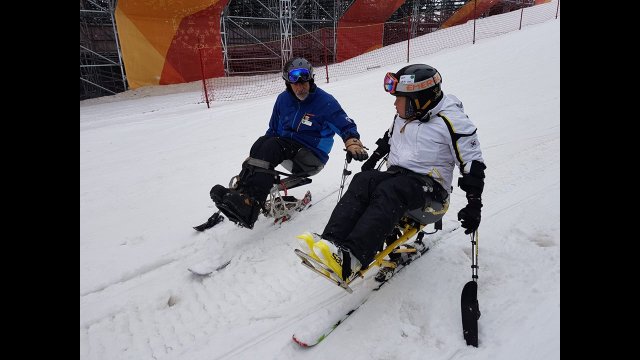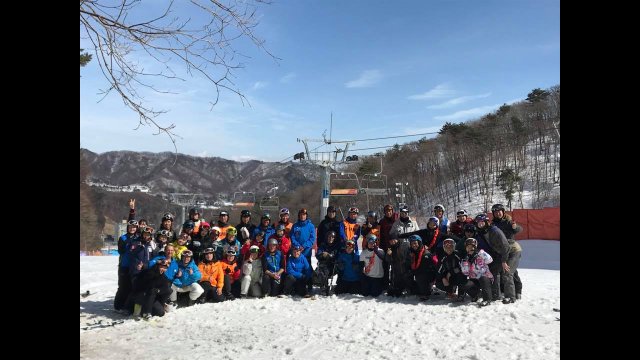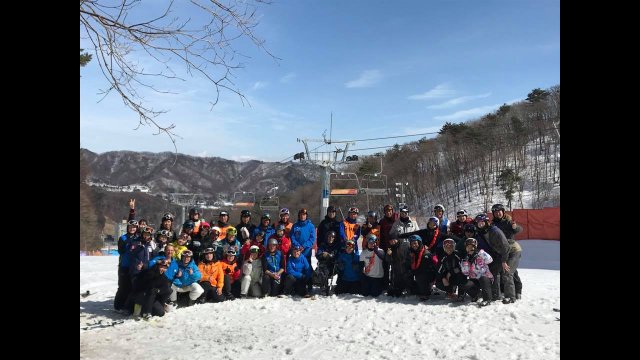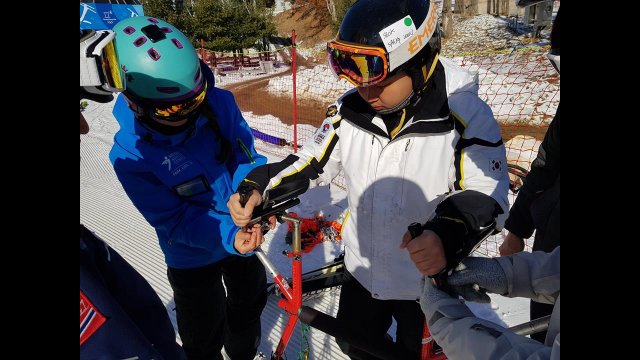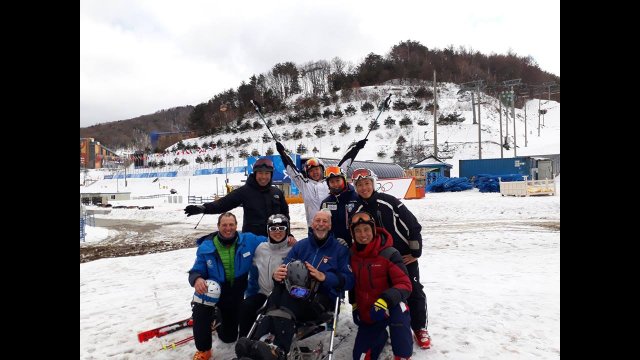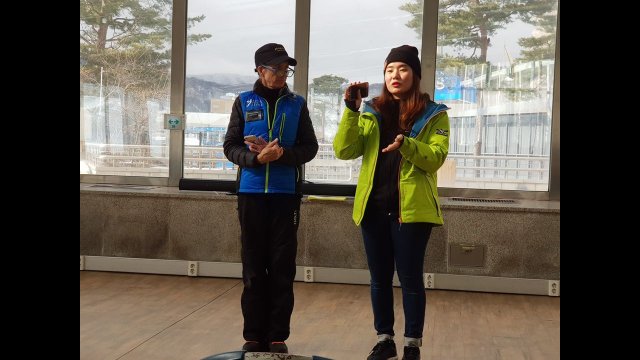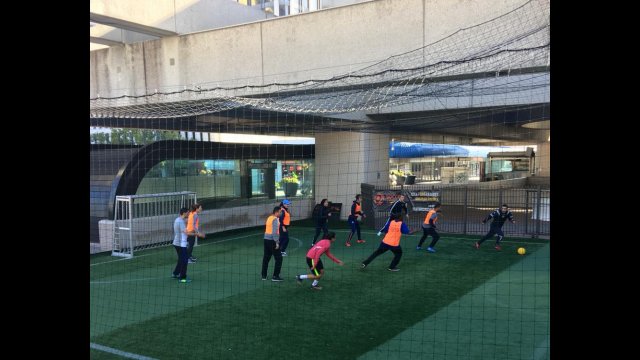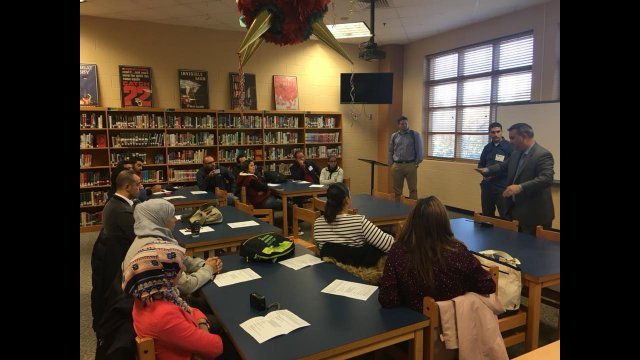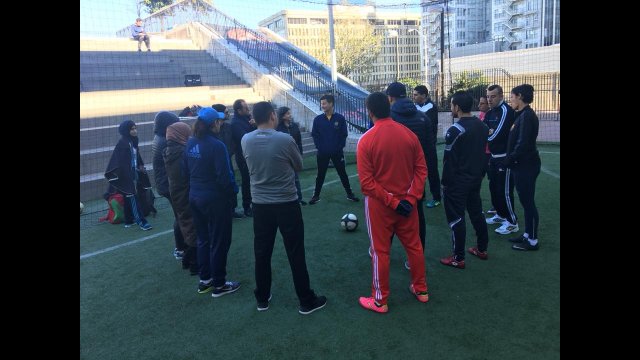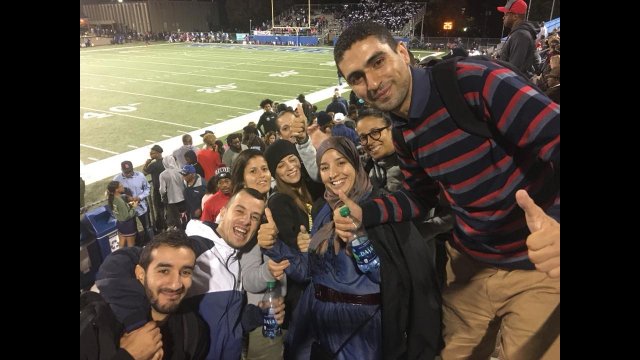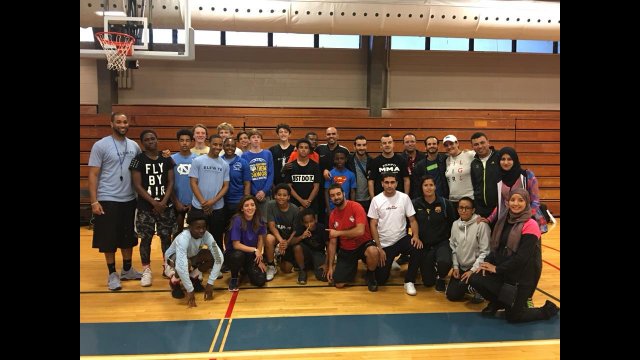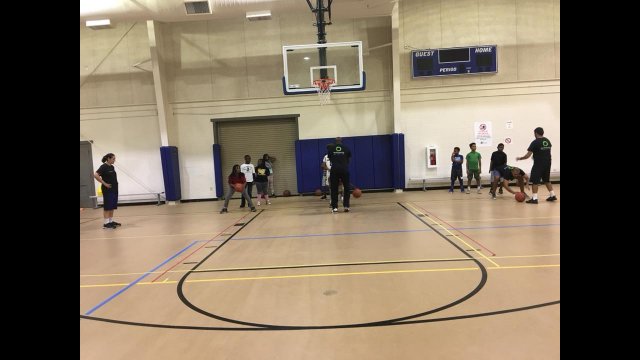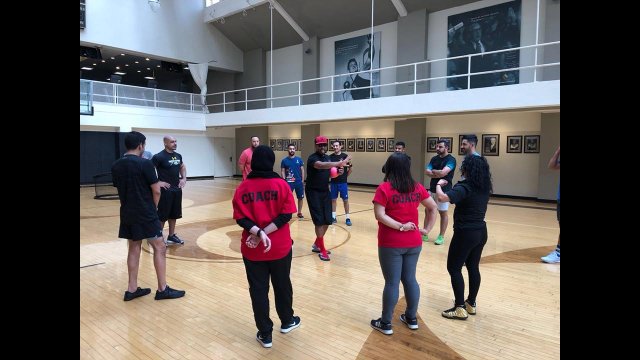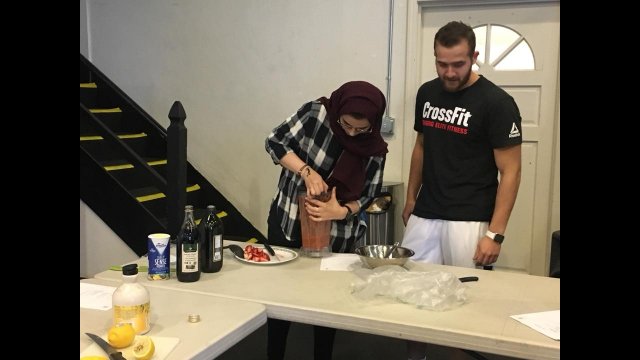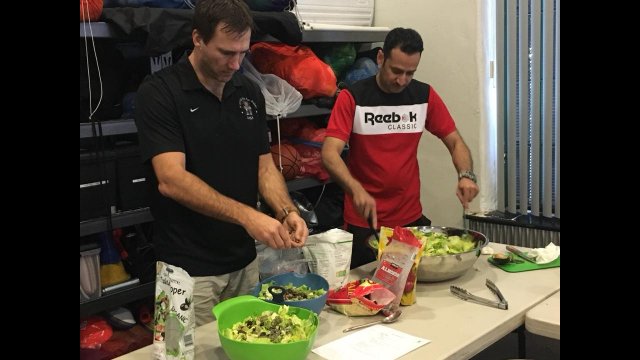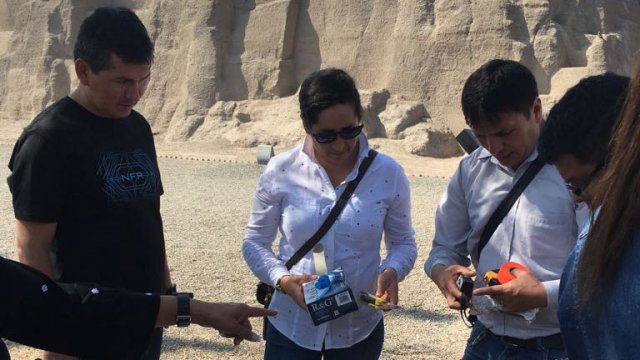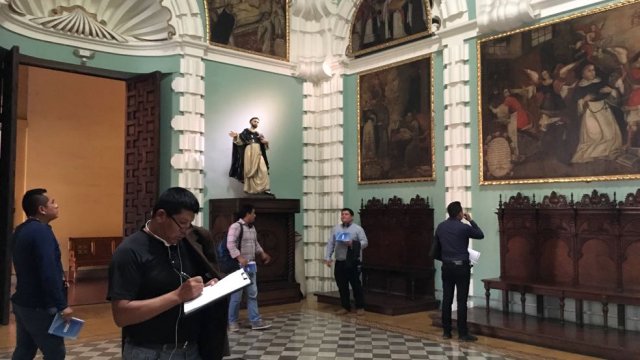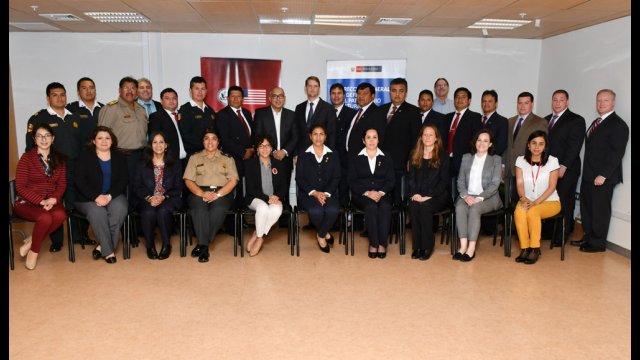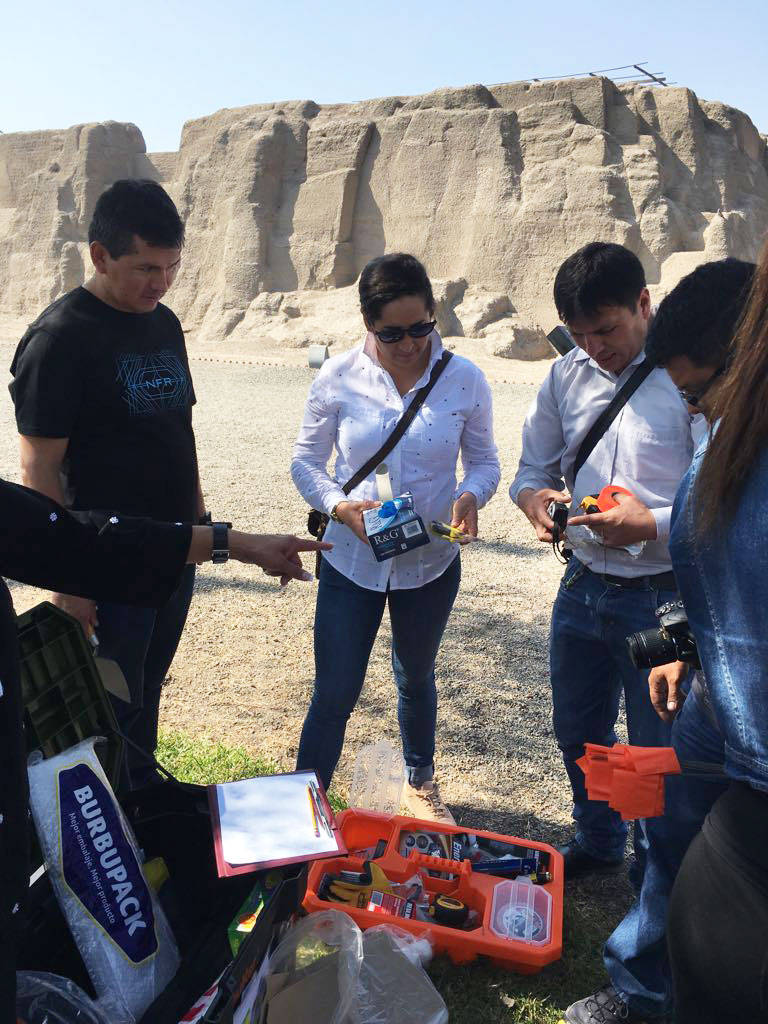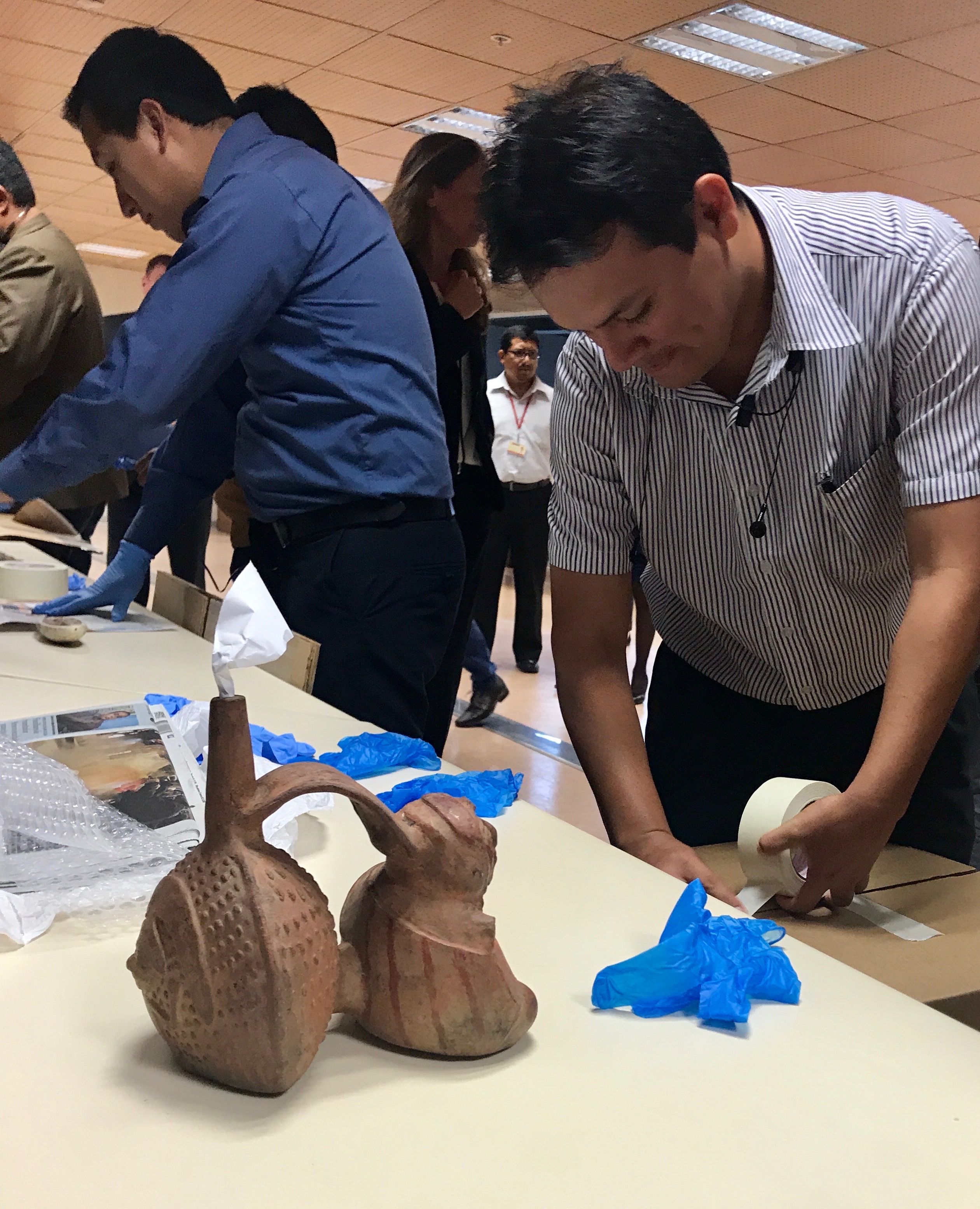The Cultural Property Advisory Committee will meet July 31-August 2, 2018, to review Algeria’s request for U.S. import restrictions on archaeological and ethnological material. The Committee will also consider the proposals to extend the U.S.-Bulgaria cultural property agreement and the U.S.-Honduras cultural property agreement. The Committee invites written public comment on the request and extension. The public may also participate in the virtual open session of the meeting on July 31, 2018, from 10:30 am -12:00 pm EDT.
Algeria Request
The Government of the People’s Democratic Republic of Algeria has requested U.S. import restrictions on archaeological and ethnological material from Algeria. This request was submitted pursuant to Article 9 of the 1970 UNESCO Convention on the Means of Prohibiting and Preventing the Illicit Import, Export and Transfer of Ownership of Cultural Property as implemented by the Convention on Cultural Property Implementation Act (the CPIA). A summary of Algeria’s request is available here.
Bulgaria Extension
An extension of the Memorandum of Understanding between the Government of United States of America and the Government of the Republic of Bulgaria Concerning the Imposition of Import Restrictions on Categories of Archaeological and Ecclesiastical Ethnological Material of the Republic of Bulgaria has been proposed. A history of U.S. actions concerning the agreement can be found on the Bulgaria Country Page.
Honduras Extension
An extension of the Memorandum of Understanding between the Government of United States of America and the Government of the Republic of Honduras Concerning the Imposition of Import Restrictions on Archaeological Material from the Pre-Columbian Cultures of Honduras and Ecclesiastical Ethnological Material from the Colonial Period of Honduras has been proposed. A history of U.S. actions concerning the agreement can be found on the Honduras Country Page.
The Review Process
The State Department will decide whether to enter into or extend a bilateral agreement that creates U.S. import restrictions based on four determinations. Before making a decision, the Department will consider the findings and recommendations of the Committee.
|
The four determinations (summarized):
- The cultural patrimony of the State Party is in jeopardy from pillage of its archaeological or ethnological materials;
- The State party has taken measures consistent with the Convention to protect its cultural patrimony;
- Application of import restrictions, in the context of a concerted international effort, to archaeological or ethnological material of the State Party would be of substantial benefit in deterring a serious situation of pillage, and less drastic remedies are not available; and
- Application of import restrictions in the particular circumstances is consistent with the general interest of the international community in the interchange of cultural property among nations for scientific and educational purposes.
|
Public Comments
For Algeria’s request and the proposed extensions of the agreements with Bulgaria and Honduras, public comments should focus on the four determinations. All comments must be submitted in writing no later than July 15, 2018, at 11:59 p.m. (EDT). Use regulations.gov, enter docket DOS-2018-0022, and follow the prompts to submit written comments.
Participate in the Virtual Open Session
The virtual open session of the Committee meeting will be held on July 31 from 10:30 am to 12:00 pm EDT using Zoom, a web conferencing service. Anyone may attend and/or participate. If you are new to Zoom, these tips will help you get started. If needed, please request reasonable accommodation not later than July 15 by contacting the Bureau of Educational and Cultural Affairs at culprop@state.gov. Requests made after that date will be considered, but it may not be possible to fulfill them.
To make an oral presentation
If you wish to make oral comments during the virtual open session, you must pre-register and submit written comments via the regulations.gov meeting docket. You must pre-register by phone, (202) 632-6301, or email: culprop@state.gov by July 15. After you pre-register, you will be provided with instructions on how to participate as a presenter.
To observe
It is not necessary to pre-register. The webinar will include a chat space for conversation among observers. The chat space will not be monitored by the Committee and will not be incorporated into the record of the meeting.
To join as an observer:
Please click the link below to join the webinar: https://eca-state.zoom.us/j/658302735
Or iPhone one-tap:
US: +16699006833,,658302735# or +16468769923,,658302735#
Or Telephone:
Dial (for higher quality, dial a number based on your current location):
US: +1 669 900 6833 or +1 646 876 9923
Webinar ID: 658 302 735
International numbers available: https://zoom.us/u/dVaN9c64w


